In Nepal’s healthcare scene, having state-of-the-art medical equipment has become synonymous with prestige and quality.
A prime example is the increasing trend of hospitals and medical colleges installing 3 Tesla MRI (Magnetic Resonance Imaging) machines. These devices, capable of diagnosing ailments beyond the reach of X-rays, digital X-rays, ultrasounds, or CT scans, have become a standard feature even in hospitals with less than 500 daily patients.
For institutions, they not only enhance diagnostic capabilities but also significantly boost financial revenue.
However, the BP Koirala Institute of Health Sciences (BPKIHS) in Dharan—a prestigious institution serving 3,500 to 4,000 outpatients daily—stands in stark contrast to this trend. Lacking an MRI machine for the past eight years, the institution refers 40–60 patients daily to private hospitals, leading to an estimated annual profit of over Rs 180 million for these facilities.
Ironic legacy
The absence of an MRI machine at BPKIHS is ironic, given its history of being a pioneer in diagnostic technology outside the Kathmandu Valley. In 2006, the institute introduced modern diagnostic methods in Dharan by installing a 0.35 Tesla MRI machine, donated by the Kadoorie Foundation. This Siemens-manufactured device functioned for 12 years before breaking down in 2017.
Efforts to repair the machine proved futile as Siemens confirmed it no longer produced spare parts for the model. Since then, the institute has struggled to acquire a new machine, hampered by financial difficulties and administrative delays.
Reflecting on this, a senior radiologist at the Department of Radiology stated, “If someone asks me when I participate in a health conference abroad, I feel embarrassed to show my face and say that there is no MRI in Nepal’s largest health educational institution that teaches medical science from MBBS to DM/MCh.”
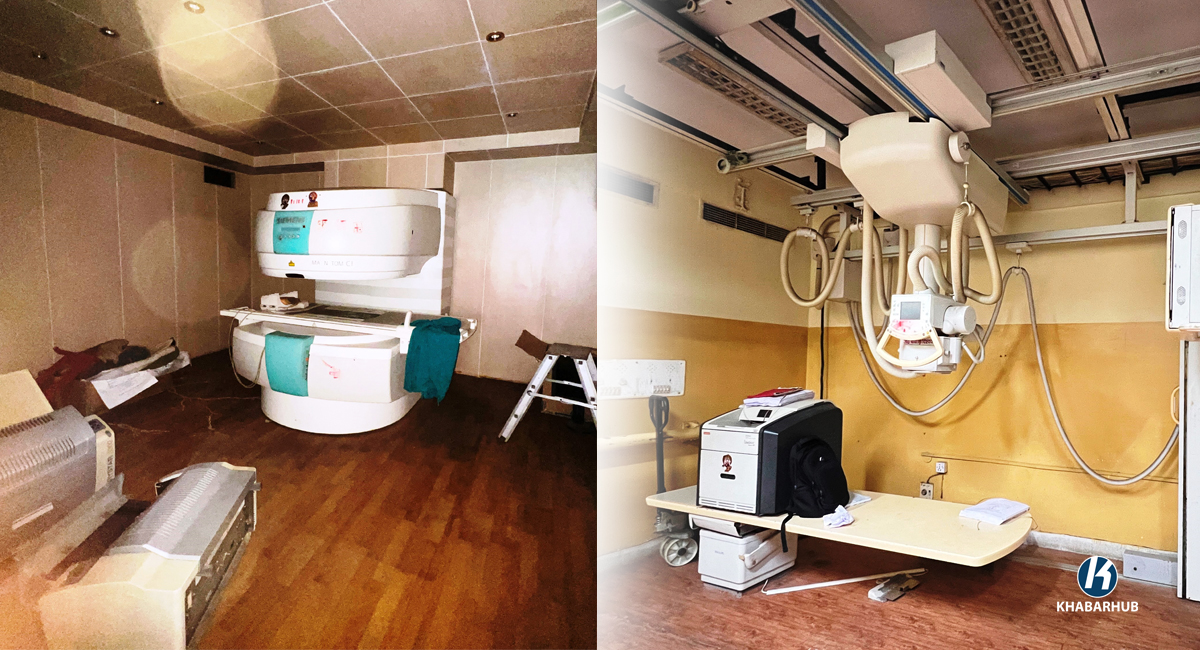
Over the years, multiple attempts to procure a new MRI machine have ended in controversy or failure. The debate initially revolved around whether the institution should purchase a 1.5 Tesla MRI machine or a more advanced 3 Tesla model. While the then Head of Radiology, Prof Dr Rajkumar Rauniyar, advocated for the 3 Tesla machine, others argued for the more affordable 1.5 Tesla variant.
When Rauniyar became Vice-Chancellor, procuring a 3 Tesla machine began, but delays marred the effort. A tender was issued, but no bids were received, reportedly due to overly stringent technical specifications. Amid this, allegations of financial irregularities surfaced, adding further complications.
In 2021, a tender was reissued for a 3 Tesla MRI machine, funded partially by a Rs 150 million government grant and Rs 100 million from the institute’s internal resources. Despite these efforts, the budget proved insufficient. The institution sought additional funding from the Ministry of Health and Finance, but the process stalled.
Health Minister Pradeep Paudel during the recently held convocation ceremony said the institution had used up the government grant in salaries.
Vice-Chancellor Dr Gyanendra Giri acknowledged these challenges, stating at a convocation ceremony, “Since the full budget for the purchase of a 3 Tesla MRI machine has not been assured, a tender process is currently underway for that as well, and the institute is moving forward with the process of installing a 1.5 Tesla MRI machine, whether by taking a bank loan or through a public-private partnership (PPP) model.”
Impact on patients and students
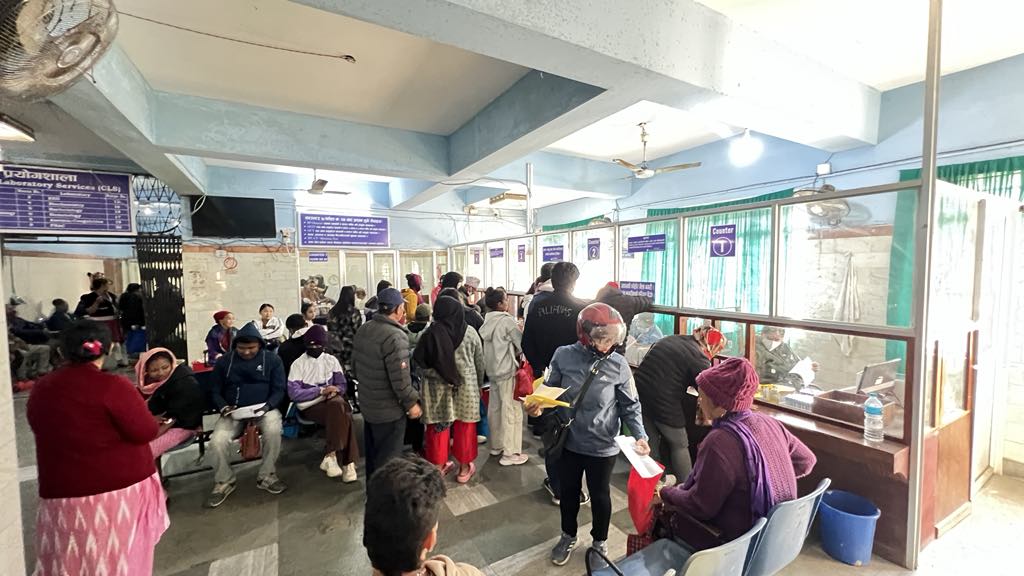
The lack of an MRI machine has significantly affected both patients and medical students. Complex cases requiring MRI scans are referred to private hospitals, causing inconvenience and additional financial burden for patients. For radiology students, the absence of an MRI machine limits their practical learning opportunities, undermining the institute’s reputation as a leading educational center.
The radiology department handles more than 550 X-rays and 200 ultrasounds daily but operates with outdated equipment. Three aging X-ray machines, some over 15 years old, struggle to meet the overwhelming demand.
The situation is not limited to MRIs. Other essential diagnostic tools are also in short supply. For instance, the radiology department has only three ultrasound machines, one of which is dedicated to emergencies. General patients from the outpatient department often face month-long delays for ultrasound appointments.
Similarly, the digital X-ray machine provided by the government in 2015 broke down within three years, and repairs remain unaffordable. The department has also been demanding modern digital X-ray machines, but budget constraints have stalled these upgrades.
Highlighting the broader equipment shortages, a radiology department official noted, “The BP Institute needs two MRI machines, two CT scans, two echoes, two ERCPs, six X-rays, two cath labs, two cardiac surgery bypass machines, and two in dentistry to cope with the pressure of patients.”
Need for skilled human resources
Compounding the equipment challenges is a severe shortage of trained staff. The radiology department has only eight senior radiologists and four residents, far below the required 25 specialists. These professionals juggle patient care, teaching, and research, often working long hours under immense pressure.
The lack of equipment has also stifled the potential of highly trained specialists. Associate Professor Dr Nishant Mishra, a neuro-interventional radiologist trained at the All India Institute of Medical Sciences (AIIMS) in Delhi, joined BPKIHS three years ago. Despite his expertise in treating brain conditions using advanced techniques, the lack of necessary equipment confines him to performing basic X-rays and ultrasounds.
Reflecting on his experience, Dr Mishra stated, “What I have studied, know, and have to do is to remove and dispose of blood clots in the brain veins without surgery when there are no medications for problems seen in the brain. But since the VP Institute does not have the necessary medical equipment for that, I am spending my days doing ordinary X-rays and ultrasounds.”
Calls for government intervention
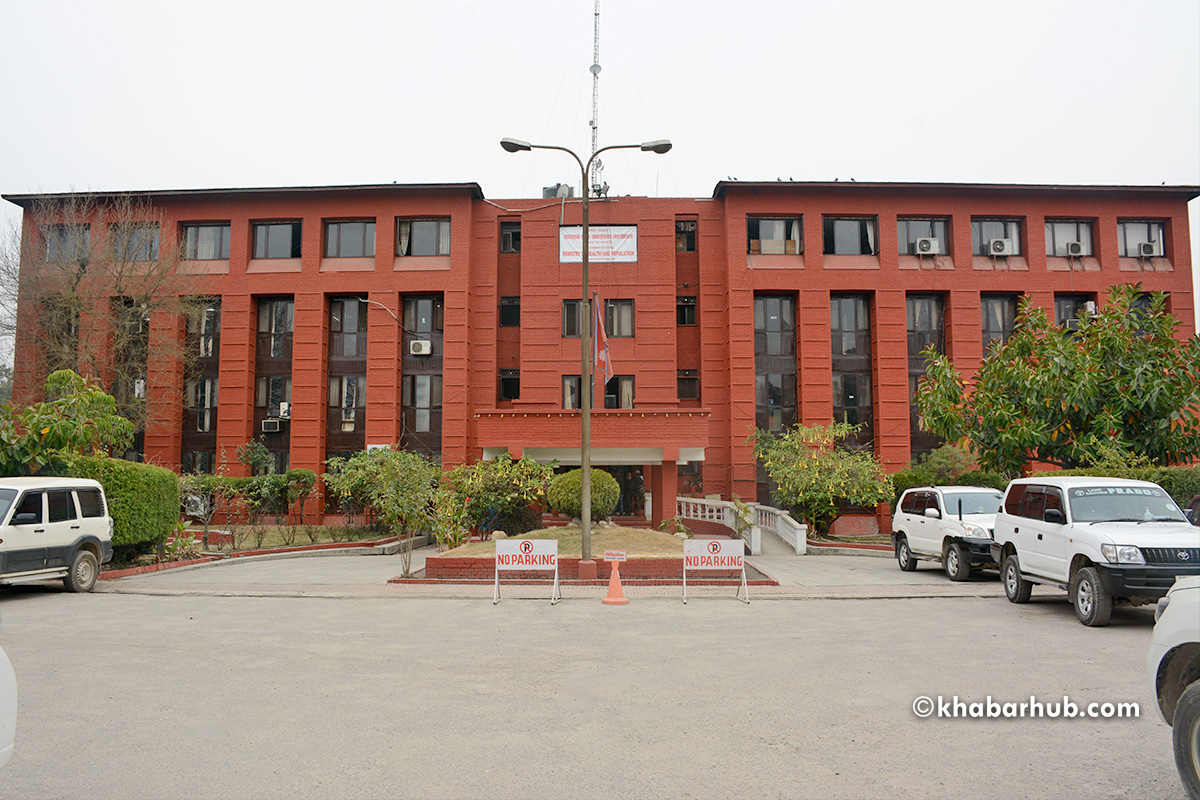
Given the institute’s financial difficulties, many stakeholders believe the government should intervene directly. A senior doctor at BPKIHS remarked, “If there is a game of financial irregularities, corruption, and commission, most of the senior doctors at the BP institution have been saying that it would be better if the Ministry of Health itself purchased and provided the modern technology MRI machine to the BP institution.”
Others have criticized the government’s lack of support. “The government has neglected the institution like a stepmother’s child,” one official lamented.
To address its challenges, doctors have been calling on BPKIHS to prioritize transparency in procurement processes and strengthen its collaboration with government bodies.
“The Ministry of Health could play a pivotal role by directly funding and overseeing the purchase of modern diagnostic equipment,” said a senior doctor.
Simultaneously, they have been calling on the institute to invest in upgrading its existing infrastructure and expanding its radiology workforce. These measures, the senior doctor says, would not only improve patient care but also restore the institute’s reputation as a leading center for medical education and research.
“For BPKIHS, resolving these issues is not just a matter of institutional pride but a critical step toward fulfilling its mission of providing accessible, high-quality healthcare to the people,” said the doctor.


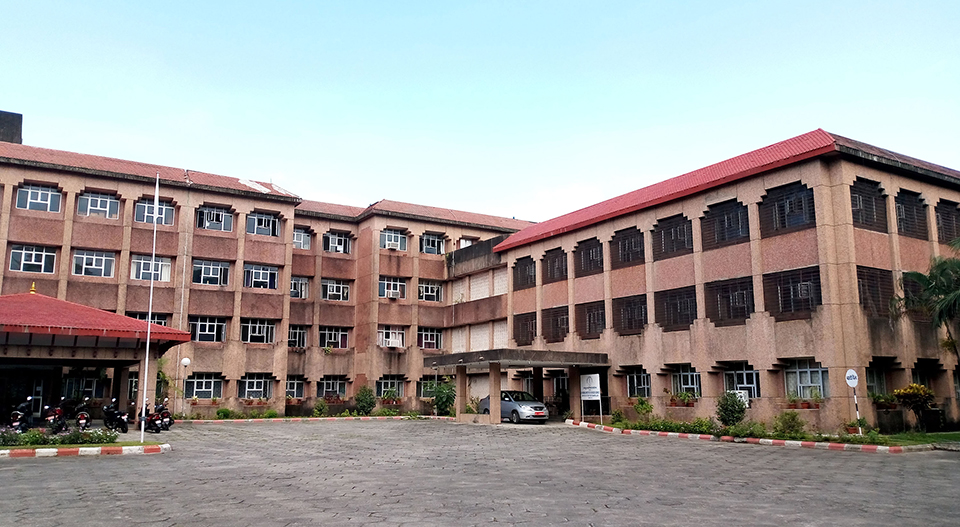
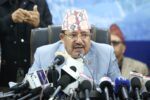
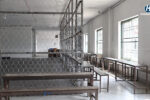
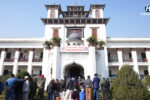
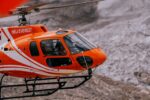
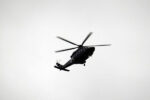

Comment